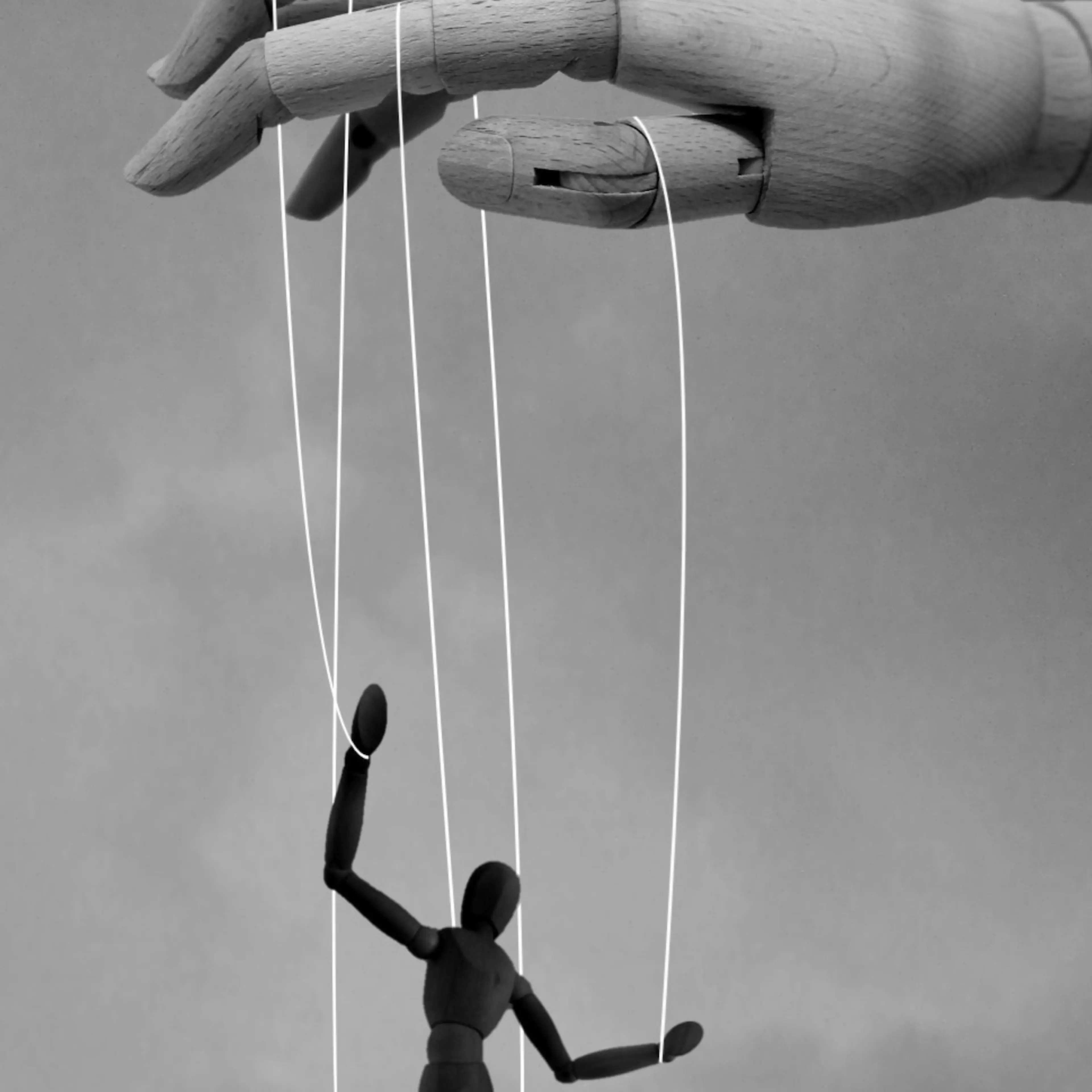But where did the apology go?
When public leaders manage to “regret a mistake” without taking ownership of it, it’s not just linguistic trickery - it comes at a real cost. To citizens. To trust. And perhaps, ultimately, to our democracy. That’s the view of Camilla Sløk, associate professor at CBS and researcher in ethics and accountability in the public sector:
“A sincere apology can help to heal. But we’ve made it so risky to admit mistakes that many leaders hide behind the system.”
One example is what now seems like an endless series of press conferences at the Ministry of the Environment, where Magnus Heunicke repeatedly stands before journalists’ microphones and expresses regret over mistakes that have turned out to devastate the sea and fjords around Denmark. But we get no closer to accountability than: “There is no doubt that this is a political failure.” But why does this happen, and why are we not seeing political action right now to improve the poor condition of Denmark’s seabed? An expression of regret on its own does not restore the marine ecosystems.
Mistakes Without Responsibility
If you’ve read a press release from a public institution in the last ten years, you know the script. When things go wrong - and they do - phrases like “it is regrettable”, “we take this very seriously”, or “we will learn from this” are wheeled out. Sentences that sound reasonable but never bring us closer to anyone taking ultimate responsibility.
Camilla Sløk points to the fact that today we have a culture where mistakes are preferably presented as systemic and unfortunate - something that arose from complexity and unfortunate circumstances. Not something someone is responsible for and could have prevented.
“When a leader says, ‘we made a mistake’, it rarely means that anyone will actually be held accountable,” she says. “It has become a rhetorical exercise that rarely carries consequences.”
That’s why it often feels as though no one is really speaking to the public when something goes wrong. We get technical explanations, but no human acknowledgment. And perhaps more importantly: no clarity. Who was responsible, and what will be done differently next time?


